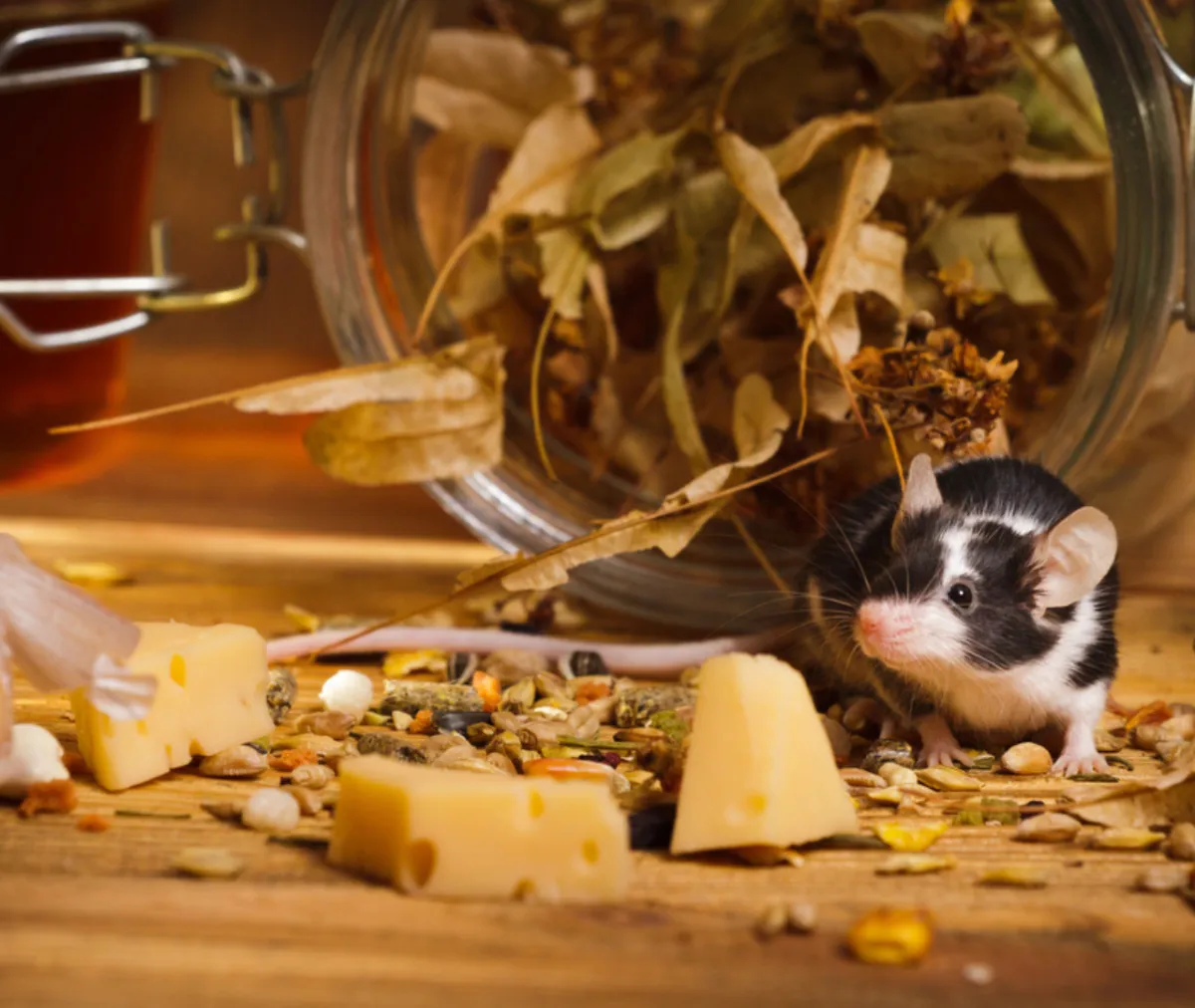
How can commercial pest control for small animals reduce risks to property and health?
Small animals such as rats, mice, squirrels, raccoons, and even skunks often go unnoticed until they create serious problems inside commercial properties. Whether it’s an office building, warehouse, healthcare facility, or restaurant, an infestation of small animals can lead to structural damage, health hazards, and regulatory compliance issues.
Commercial pest control for small animals provides proactive, long-term protection by preventing infestations, safeguarding structural integrity, and reducing risks of disease transmission. By combining professional inspections, humane removal, exclusion techniques, and ongoing monitoring, businesses can maintain safe, healthy environments for employees and customers.
Key Ways Small Animal Pest Control Protects Commercial Properties
Prevents structural damage
Small animals are notorious for their chewing and nesting habits.
Rodents gnaw on electrical wiring, insulation, and wood, which not only weakens building structures but also increases the risk of fire hazards.
Squirrels and raccoons may tear through roofing, vents, and HVAC components while seeking shelter.
Over time, these activities create costly repair needs and reduce energy efficiency.
Early detection and exclusion measures—such as sealing cracks, screening vents, and repairing roof damage—help stop minor issues from escalating into major structural problems.
Reduces health risks
Many small animals carry harmful pathogens that pose direct threats to businesses.
Rats and mice spread diseases like salmonella, leptospirosis, and hantavirus through droppings and urine.
Raccoons can carry parasites such as roundworms, while rodents can spread fleas and mites into commercial spaces.
Contaminated surfaces and nesting debris may trigger allergies, asthma, or respiratory illnesses among employees and visitors.
By eliminating infestations quickly, professional pest control reduces the likelihood of disease outbreaks and protects workplace health.
Protects commercial food operations
Food-related businesses face particularly high risks from small animals.
Restaurants, cafeterias, and grocery stores must adhere to strict sanitation standards, yet infestations can contaminate food storage, preparation areas, and serving spaces.
A single incident of rodent contamination can lead to failed health inspections, fines, or temporary business closures.
Beyond compliance, visible pests can harm a brand’s reputation and drive customers away.
Commercial pest control ensures food facilities remain pest-free, protecting both customers and business operations.
Minimizes operational disruptions
An infestation isn’t just unsanitary—it can disrupt productivity and create unsafe conditions.
Gnawed wiring can cause power outages or equipment failures in warehouses and offices.
Employees may be reluctant to work in spaces where pests are visible or odors are present.
Emergency infestations often result in unplanned shutdowns or expensive urgent treatments.
With preventive inspections and treatment plans, pest control professionals help businesses avoid these disruptions and keep operations running smoothly.
Prevents secondary pest problems
Small animals rarely arrive alone.
Rodents, raccoons, and squirrels often carry fleas, mites, or ticks, which spread throughout buildings.
Droppings attract flies and beetles, creating additional pest issues.
By removing primary infestations, commercial pest control also prevents these secondary pest problems from taking root.
Why Professional Pest Control Is Essential
Do-it-yourself traps or poisons may provide temporary relief, but they rarely solve the root problem. Professional services provide:
Comprehensive inspections to locate nests, entry points, and hidden activity.
Humane and legal removal, using approved traps, eviction devices, or rodenticides as necessary.
Exclusion methods such as sealing openings, installing chimney caps, and reinforcing vents.
Sanitation and cleanup to safely remove droppings, urine, and contaminated materials.
Ongoing monitoring with scheduled visits to detect new activity before it becomes severe.
Professional intervention ensures infestations are resolved effectively, safely, and in compliance with local laws.
Common Small Animals Affecting Commercial Properties
Rats and mice – contaminate food, chew wiring, and create unsanitary conditions.
Squirrels – nest in attics or ceilings, damaging insulation and electrical systems.
Raccoons – tear into storage areas, leaving droppings and structural damage.
Skunks and opossums – produce strong odors, dig up landscaping, and spread parasites.
Bats – roost in attics or vents, leaving behind guano that carries health risks.
Each animal presents unique challenges, requiring tailored control strategies to ensure effective results.
Seasonal Considerations
Small animal activity changes with the seasons, making year-round pest management essential.
Fall and winter: Animals move indoors seeking warmth, food, and shelter, leading to higher indoor infestations.
Spring and summer: Breeding season increases populations, raising the risk of larger infestations.
Year-round: Some species, such as rodents, remain active in commercial properties throughout the year.
Seasonal planning ensures businesses remain protected regardless of time of year.
Tips for Businesses to Support Small Animal Pest Control
Seal gaps, cracks, and holes in walls, roofs, and foundations.
Store food in sealed containers and maintain sanitary kitchen or breakroom areas.
Keep trash bins and compost areas clean and properly closed.
Trim trees and shrubs near buildings to eliminate easy access points.
Schedule regular professional inspections, especially before high-risk seasons.
These proactive steps complement professional services and strengthen overall protection.
Long-Term Benefits for Commercial Properties
Investing in small animal pest control brings ongoing advantages:
Property preservation: Prevents expensive repairs caused by chewing, nesting, and contamination.
Health and safety: Reduces exposure to diseases, allergens, and parasites.
Regulatory compliance: Keeps businesses in line with health and safety requirements, avoiding fines.
Operational efficiency: Minimizes costly disruptions due to pest-related emergencies.
Peace of mind: Business owners and managers can focus on operations without worrying about hidden animal threats.
Final Thought
Commercial pest control for small animals is more than just an emergency service—it’s a proactive investment in safety, health, and long-term business success. By preventing infestations, protecting structural integrity, and minimizing disease risks, professional pest control ensures commercial properties remain safe and productive year-round.
For businesses, timely inspections and preventive services safeguard employees, customers, and brand reputation. Partnering with professionals isn’t just about removing pests today—it’s about building a secure, pest-free future for your company.